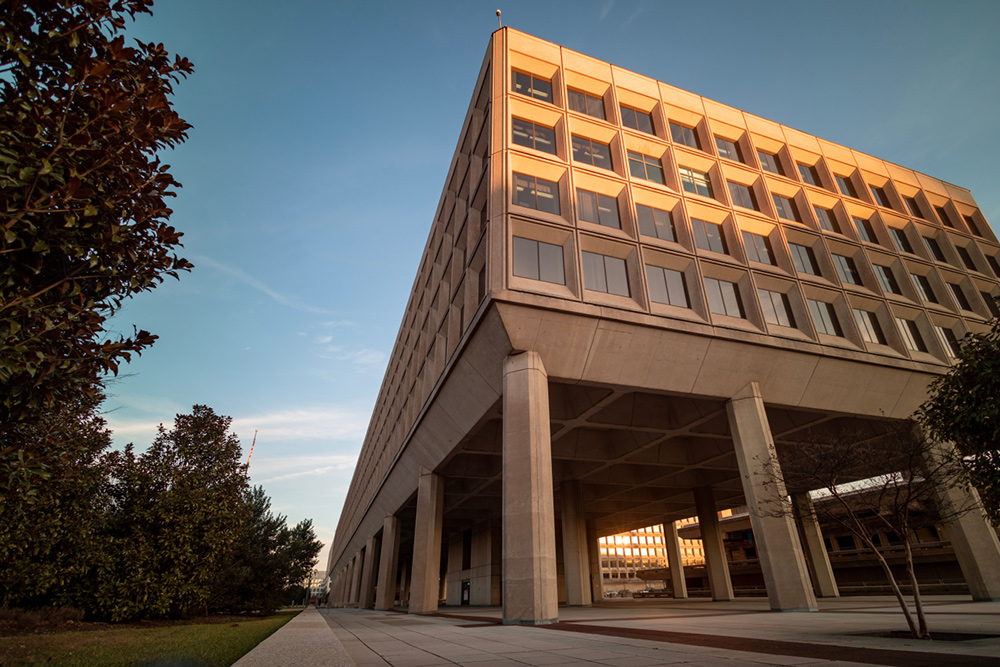In a decisive move to prevent blackouts and enhance grid security, U.S. Secretary of Energy Chris Wright announced an emergency order aimed at safeguarding the Midwestern region’s electricity supply as summer approaches, bringing increased energy demands.
The order directs the Midcontinent Independent System Operator (MISO) to work in close collaboration with Consumers Energy, specifically to keep the J.H. Campbell coal-fired power plant in West Olive operational. This plant, which boasts a capacity of 1,560 megawatts (MW), was initially scheduled to shut down on May 31, 15 years before the end of its intended operational life.
“Today’s emergency order ensures that Michiganders and the greater Midwest region do not lose critical power generation capability as summer begins and electricity demand regularly reaches high levels,” Secretary Wright stated. He emphasized the administration’s commitment to maintaining affordable and reliable energy access for American families, particularly in light of energy policies that threaten the stability and pricing of electricity.
The order was issued by the Office of Cybersecurity, Energy Security, and Emergency Response (CESER) and is backed by Section 202(c) of the Federal Power Act, in alignment with President Trump’s Executive Order declaring a National Energy Emergency. It aims to maintain power generation availability in the region, ensuring it does not drop below 2024 capacity levels.
The urgency of this order comes as the North American Electric Reliability Corporation (NERC) has signaled that the MISO-served region faces a heightened risk of operational reserve shortfalls amid peak demand. Factors contributing to this instability include planned retirements of thermal generation resources and anticipated supply shortfalls during late summer, particularly as solar energy production declines earlier in the day.
As summer approaches, the focus remains on ensuring that the region’s energy infrastructure can meet the demands of its residents, with officials taking proactive steps to prevent any service disruptions.






